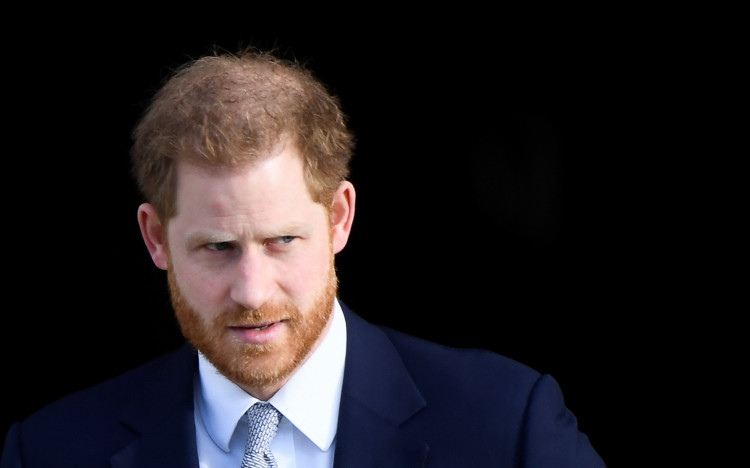Prince Harry's recent decision to appeal a High Court ruling against him in a case concerning his security arrangements in the UK has unveiled complex layers of personal concern, legal contention, and public interest. The dispute originated from the 2020 decision by the Executive Committee for the Protection of Royalty and Public Figures (Ravec) to alter the Duke of Sussex's security detail following his and Meghan Markle's step back from royal duties. This legal tussle, while rooted in specifics, encapsulates broader themes of privacy, safety, and the nuanced obligations of the state towards non-working members of the royal family.
The heart of Prince Harry's appeal lies in the desire for a consistent and fair application of security measures, reminiscent of the protection afforded to him prior to his altered royal status. Legal experts speculate that the appeal is driven by a need to establish clear parameters around the government's accountability in ensuring his safety during UK visits. This concern is underscored by alarming incidents, such as the harrowing paparazzi chase in New York City in 2023, which mirrored previous unsettling encounters with aggressive photographers.
The ruling by retired High Court judge Sir Peter Lane dismissed Harry's challenge, endorsing the government's stance that Harry's security could be "bespoke" and assessed on a case-by-case basis. This judgment, while legally sound within its framework, opens up debates about the adequacy and consistency of security measures for individuals like Prince Harry, who, despite their non-working royal status, remain figures of significant public interest and potential targets.
In his legal battles, Prince Harry has not only sought to secure his physical safety but also to challenge the precedents set by Ravec's decisions. His legal team's arguments highlight a perceived discrepancy between the treatment of his security needs and those of other individuals under Ravec's purview. The appeal is an attempt to rectify what Harry sees as an imbalance, ensuring that his family is not placed at undue risk due to procedural interpretations.
The backdrop to Harry's security concerns is deeply personal, shaped indelibly by the tragic death of his mother, Princess Diana, in 1997. The parallels drawn between his mother's fate and his own experiences with the paparazzi lend a poignant urgency to his legal actions. His efforts to navigate the complexities of public life, privacy, and safety are informed by a history that remains a sensitive point for both him and the broader public.
The late Queen Elizabeth II's reported wishes for Harry and his family to continue receiving "effective security" post-Megxit add another layer of complexity to the narrative. Court documents revealed during the legal proceedings suggest an inherent recognition within the royal household of the unique threats faced by Harry, further complicating the public and legal discourse surrounding his security arrangements.
The legal dispute also casts a spotlight on the inner workings of Ravec and its decision-making processes. Tensions between Prince Harry and senior royal aides, as hinted at in court documents, suggest that personal dynamics may have influenced the committee's decisions, raising questions about the impartiality and fairness of such processes.
As Prince Harry prepares to take his case to the Court of Appeal, the stakes extend beyond his personal security. The appeal represents a broader challenge to the mechanisms of protection for public figures and the criteria used to assess their security needs. The outcome of this legal battle could set significant precedents for how security is allocated to individuals in similar positions, balancing public responsibility with individual rights.
Prince Harry's relentless pursuit of what he perceives as justice in the realm of security arrangements highlights the ongoing challenges faced by members of the royal family who seek to redefine their roles and responsibilities. The appeal is not merely a legal technicality; it is a public statement about dignity, safety, and the right to a private life, even for those born into the public eye.
The resolution of this case could have far-reaching implications, not only for Prince Harry and his family but also for the establishment's approach to security, privacy, and the treatment of individuals who occupy unique positions within the public consciousness. As the legal proceedings unfold, the world watches closely, aware that the ramifications of this appeal could echo well beyond the courtroom.





